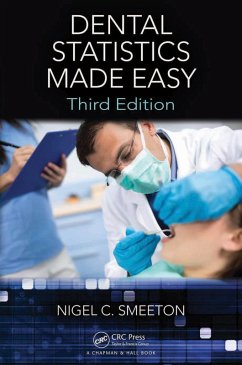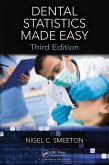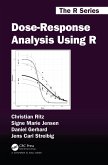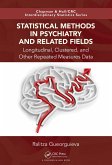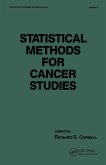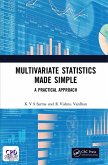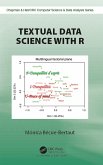This essential textbook presents the basics of dental statistics in an accessible way, combining explanation in non-technical language with key messages, practical examples, suggestions for further reading and exercises complete with detailed solutions. There is an emphasis on the principles and application of statistics without the use of algebra. The intended audience includes dental students and practitioners, those engaged in dental research and other health care professionals.
Dieser Download kann aus rechtlichen Gründen nur mit Rechnungsadresse in A, B, BG, CY, CZ, D, DK, EW, E, FIN, F, GR, HR, H, IRL, I, LT, L, LR, M, NL, PL, P, R, S, SLO, SK ausgeliefert werden.

